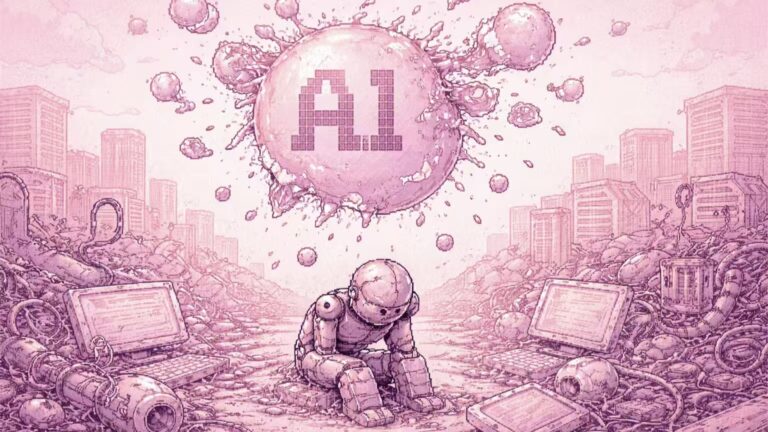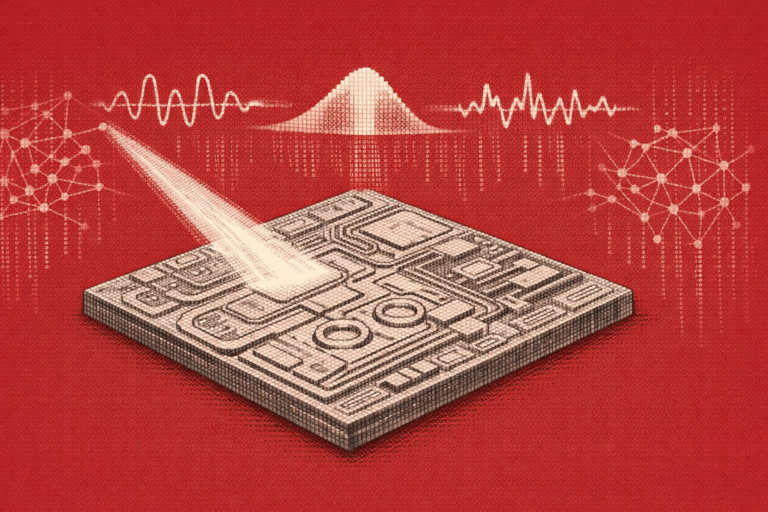Command Palette
Search for a command to run...
Amazon Is the Only Company That Refuses to Provide Facial Recognition to the Police
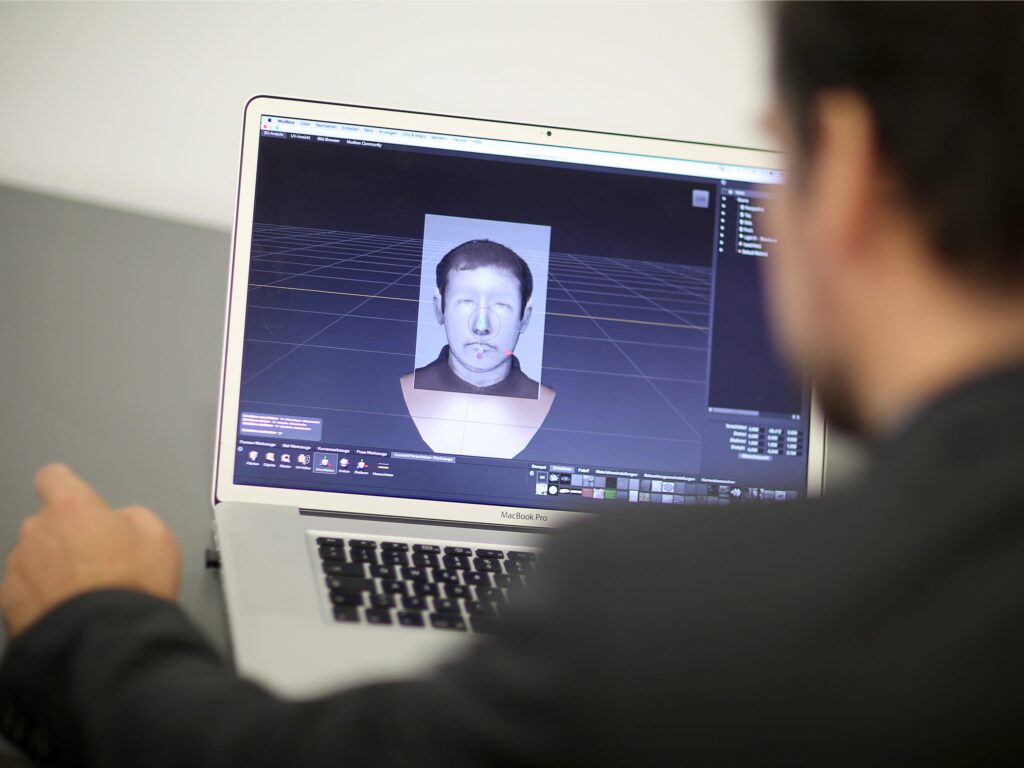
As major technology companies expressed their views on the racial equality movement, IBM was the first to announce its withdrawal from the facial recognition business. Soon after, Amazon also began to take sides, choosing the former between "political correctness" and profit, and announced that it would suspend the provision of facial recognition tools Rekognition to police.
As early as 2016, Amazon launched image and facial recognition services on its cloud service platform AWS. Rekognition,And use it for law enforcement.
But since then, Rekognition has aroused dissatisfaction from many civil rights organizations.Because multiple studies have shown that facial recognition technology may be racially and gender discriminatory.For example, people of color are more likely to be matched as criminals. The American Civil Liberties Union (ACLU) has also produced evidence.
On July 28, 2018, ACLU was tested.The software was found to have misidentified 28 of the 535 US Congress members as criminals.
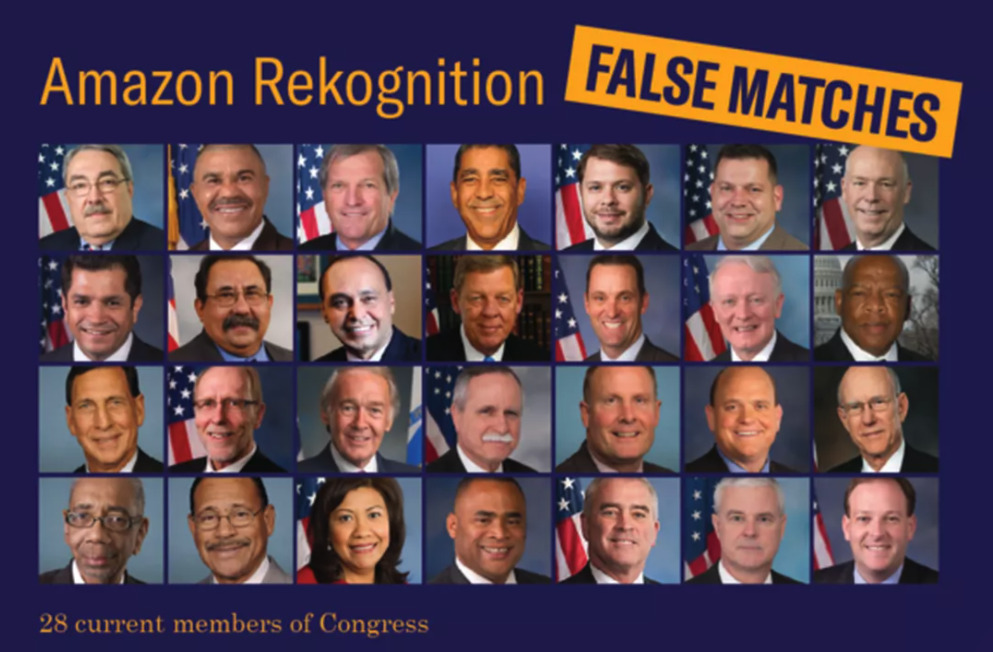
Controversy and protests about Rekognition have been going on in recent years, but Amazon has previously gone its own way and insisted on cooperating with governments and police departments.
Recently, the racial equality movement has intensified. Major technology giants such as Google, Apple, and IBM have expressed their support for racial equality. Amazon, which has always been stubborn, has also chosen to compromise with political correctness.
Rekognition: Disabled by police, except for public welfare
Just this Wednesday, Amazon announced:A one-year moratorium on police use of Amazon's image and facial recognition technology, Rekognition.

However, they will allow organizations such as Thorn, the International Center for Missing & Exploited Children and Marinus Analytics to continue using Amazon's Rekognition technology to help rescue victims of human trafficking and reunite missing children with their families.
Note: Thorn and Marinus Analytics are companies using technology to protect children from sexual abuse and combat human trafficking, respectively.
Amazon also changed its previous tough tone in the announcement.Expresses the view that governments should regulate the ethical use of technology.The one-year moratorium is intended to give Congress enough time to set the rules.
We advocate that governments should implement stronger regulations to govern the ethical use of facial recognition technology.
In recent days, Congress has appeared ready to meet that challenge.We hope that this one-year moratorium will give Congress enough time to implement appropriate rules.We are always ready to help if needed.
After years of unsuccessful protests, the racial equality movement was finally suspended
Although Amazon did not mention the reason for suspending Rekognition in the announcement, considering the current situation, it is not difficult to guess that it should be related to the racial equality movement caused by George Floyd.
after all,This is not the first time that Rekognition has been strongly opposed by various civil rights organizations due to its racially biased surveillance technology.

we willThe timeline of the controversy and protests caused by Recognition in the past two years is summarized as follows:
May 21, 2018
A coalition of more than 20 organizations, including the ACLU, jointly wrote a letter to Amazon CEO Jeff Bezos, asking Amazon to stop selling facial recognition systems to the government and police.

The ACLU noted that the technology is particularly inaccurate when analyzing the faces of women and people of color. More seriously, the technology has the potential to be abused, especially against immigrants and people of color.
June 22, 2018
Amazon’s internal employees couldn’t stand it anymore and started a protest.

More than 100 employees, including senior engineers, wrote an open letter to Bezos, asking the company to stop selling Rekognition technology to US law enforcement agencies. The open letter has been signed by more than 40 civil rights organizations.
March 26, 2019
78 AI researchers from various universities, including 2018 Turing Award winner Yoshua Bengio, wrote a joint letter to Amazon, calling on Amazon to stop selling Recognition to law enforcement agencies because there is no legislation and safeguards to prevent abuse.
October 21, 2019
A test by the ACLU of Massachusetts found that Rekognition incorrectly matched 27 professional athletes to a public database of criminal photos.

Therefore, the ACLU is demanding that the government should not use this technology without safeguards in place. Massachusetts should impose a moratorium on facial surveillance technology.
Faced with multiple protests from both inside and outside, Amazon responded very strongly, saying "We cannot limit the advancement of technology because it could be misused.Are we going to stop people from buying computers because someone might use them for bad things?"
Now, seeing that major technology giants have expressed their politically correct stance, Amazon has to temporarily give up its own interests, and the protesters have finally won.
IBM and Microsoft give up facial recognition
On June 8, IBM was the first technology giant to announce its withdrawal from the facial recognition business.
Later, on June 10 and 11, Amazon and Microsoft followed suit and announced the suspension of their facial recognition businesses. However, the same results may have different purposes. We don’t know what their specific plans are.
We have compiled the key information below for your reference:
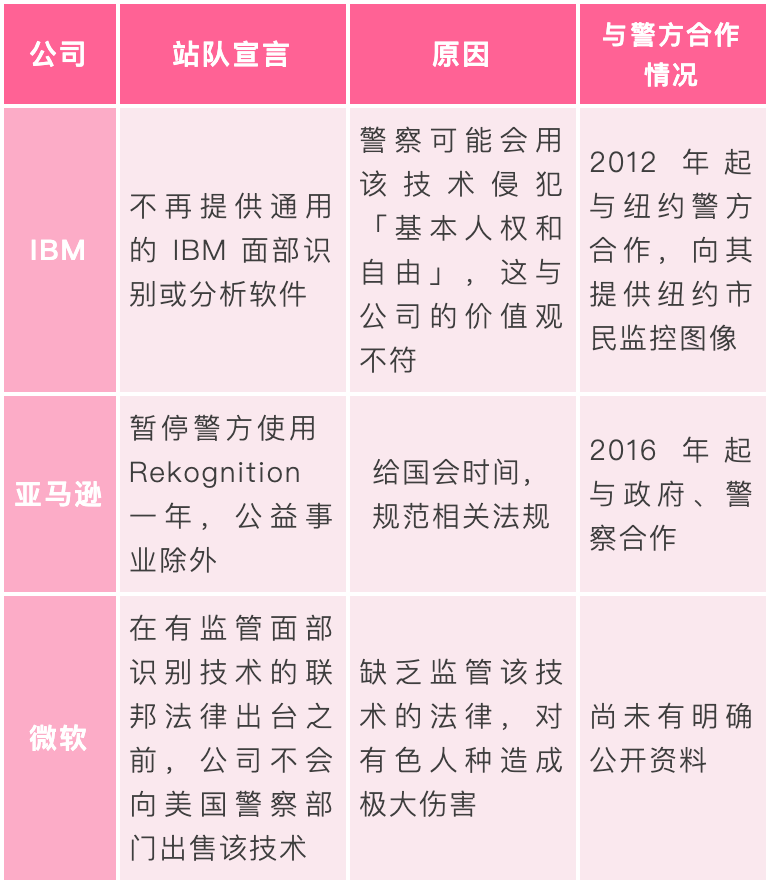
However, netizens are not happy with Amazon's decision, and there are more sarcastic voices on Twitter:

@Bryant Hall: Translation: We hope everyone forgets about this in a year and we get back to making money.

@RPTOPE~1: How brave Bezos was to stop this business, because facial recognition is useless during this period of wearing masks.

@rdwrt: Give him enough time to collect new data and retrain the system on how to recognize people wearing protective gear…
It seems that people's hearts are not so easy to buy.
-- over--
